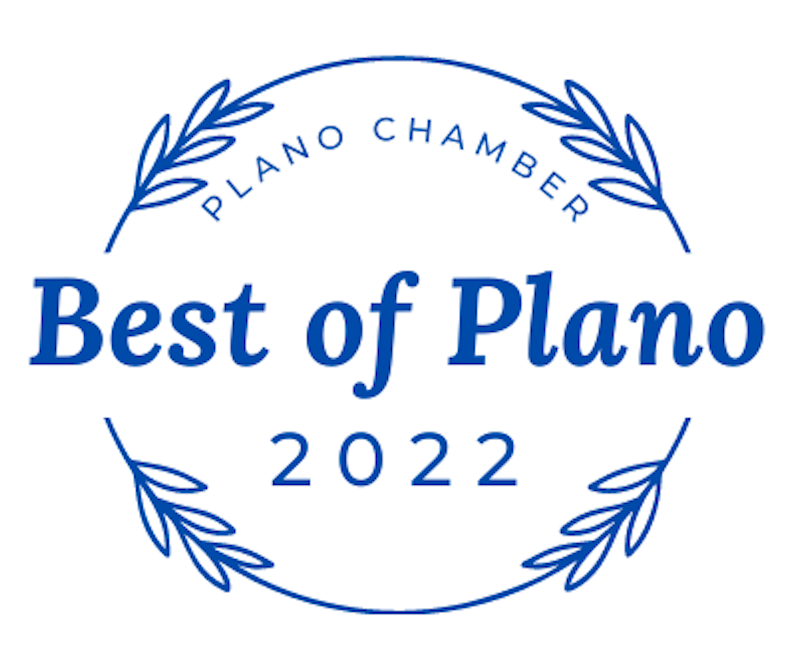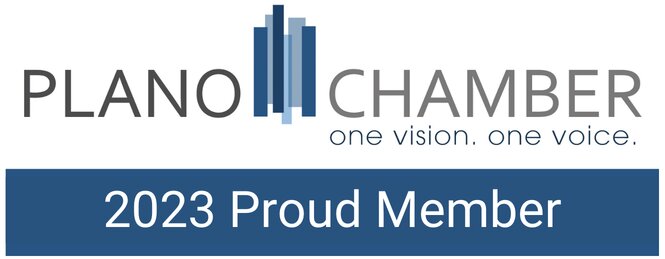Introduction
 Kehr Technologies is committed to reducing its business impact on the environment. We intentionally operate as a responsible eco-friendly green business.
Kehr Technologies is committed to reducing its business impact on the environment. We intentionally operate as a responsible eco-friendly green business.
We are a Certified Green Business by the City of Plano.
Mission Statement
We will work to plan, manage, and reduce our environmental impact on the land, air, water, vegetation, and wildlife, to improve our environmental performance over time, to promote environmental stewardship and sustainability, and to discover new activities that will help to achieve our green business goals. Our green business commitment extends to our customers, staff, suppliers, and our community.
Green Business Practices
Environmental Education and Compliance
We will comply with all applicable environmental laws and regulations.
We will comply with FTC environmental marketing green guides to avoid unfair or deceptive advertising.
Our Environmental Impact Officer (EIO) will learn relevant federal EPA, state, and local environmental laws and regulations.
Complete initial and continuing environmental education (EE) by reading, self-study, or attending training classes to learn best practices on how to reduce our environmental impact.
Seek and follow credible sources of useful and accurate green business information and news.
Write our Green Business Policy to minimize our carbon, water, and land footprint, review and update it as needed, and serve as the environmental compliance officer and green practices advocate.
Our Green Business Policy will be posted on our website for public viewing and transparency and to serve other small businesses as a sample Green Policy.
Our EIO will promote good environmental stewardship, train our staff members on our environmental policy, and empower them to participate, contribute, and improve our Green Policy.
Will communicate our environmental commitment, efforts, achievements, and special events to our customers, staff, website visitors, and our community.
Energy Conservation
We will reduce our energy consumption when practical.
Use energy conservation methods including LED lighting, proper building insulation, weather-stripping and caulking for doors and windows, zone heating, no office air conditioner, temperature set-back thermostats, turning off unused lights and equipment, using light timers and auto power-saver mode PC settings, motion-sensor LED security lighting, and energy-efficient Energy-Star appliances.
Choose a phone call, teleconference, videoconference, webinar, or online class when practical, rather than travel to in-person meetings.
Use mounted or portable solar panels as a green energy power source to recharge batteries used in our electronic devices including flashlights, remote controls, and emergency radios.
Fuel-Efficient Transportation
We drive electric, hybrid, or fuel-efficient gasoline vehicle with a small 4-cylinder engine for economical business and personal use.
Maintain the recommended tire pressure for optimum fuel efficiency and longer tire life.
Plan efficient driving routes to minimize mileage for vehicle trips, combining meetings, appointments, errands, and shopping on the same trip.
Water Conservation
Our water use for drinking, food preparation, cleaning, and hygiene is minimal.
Do not let water faucets run when not in use.
Let rainfall wash our vehicle naturally and only use a car wash occasionally.
Resource Conservation: Reduce, Reuse, Recycle
We will reduce our resource consumption when practical.
Not subscribe to newspapers, newsletters, or magazines printed on paper, but will use online information sources.
Opt out of junk mail by unsubscribing on websites.
Reduce product packaging waste by choosing biodegradable packaging over plastic or Styrofoam packaging.
We will reuse and repurpose resources when practical to conserve resources.
Choose reusable or refillable products rather than disposable, single-use items, when practical.
Use rechargeable batteries for electronic devices rather than disposable batteries.
Set up marked recycling containers near our trash cans for easy drop-off of items.
Recycle laser toner cartridges, office paper, mixed paper, junk mail, cardboard, paperboard, plastic, plastic bags, glass bottles, aluminum, metal, motor oil, tires, and CFLs.
We will sanitize data then sell or donate used computers, routers, printers, cables, cell phones, radios, TVs, receivers, recorders, players, cameras, calculators, electronic equipment, or recycle at a reputable recycler.
We will sell or donate used books, furniture, appliances, tools, sporting goods, toys, clothing.
Chemical Management & Pollution Prevention
We will reduce our land, air, and water pollution when practical.
Not burn paper, cardboard, wood, coal, fuel oil, plastic, or trash.
Store and use chemicals safely, according to the manufacturer’s instructions and the Safety Data Sheet (SDS) or Material Safety Data Sheet (MSDS).
Store chemicals on a spill tray or tub to catch drips, leaks, spills, or corrosion.
Inspect chemical containers and storage areas periodically for signs of leaks.
We will reduce or eliminate the use of toxic chemicals.
Electronic Equipment
We will extend the useful life of electronic equipment through the purchase of used and refurbished equipment, doing preventive maintenance and repairs, and hardware updates such as adding a solid-state drive (SSD), memory, or Wi-Fi cards.
At the end of the use of electronic equipment or devices, we will first seek to sell or donate the item to extend its useful life, otherwise, we will recycle it at a reputable electronics recycler, including a certified E-Steward recycler.
We will erase and recycle old flash drives of 1 GB or larger size by donating them to non-profit RecycleUSB.com, to be loaded with educational software and distributed to school children around the world.
We will donate or sell used RAM to RAM vendors for resale or recycling.
Document Printing and Paper Conservation
We prefer to use electronic documents, such as PDF files, when possible, rather than printed paper documents.
Avoid unnecessary printing.
Not use a fax machine.
We will print in draft mode when practical to reduce ink and laser toner consumption.
Print on both sides of the paper when acceptable.
Our printers will be set to double-sided printing or PDF file as the default setting.
We will use 100% post-consumer waste (PCW) recycled, chlorine-free paper for printing, copying, marketing flyers, and invoicing.





